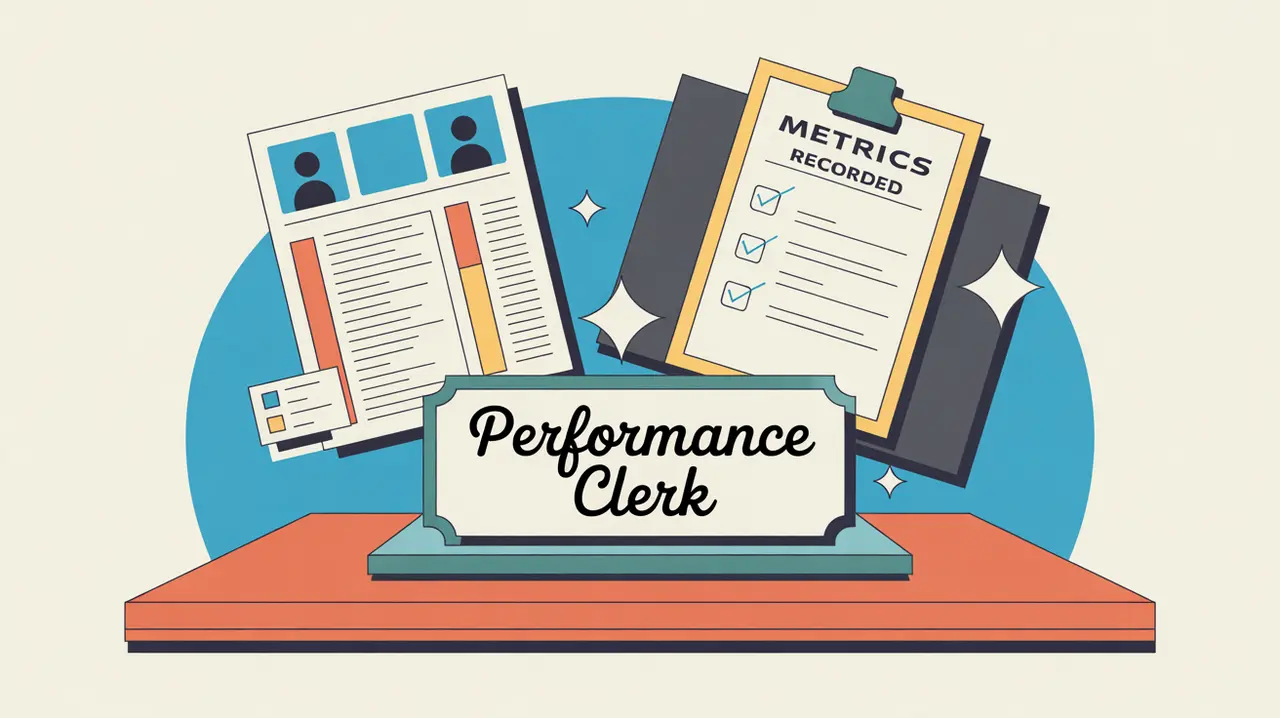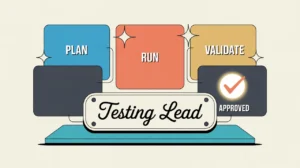What Does the Performance Clerk Role Involve?
A Performance Clerk is responsible for providing administrative and data support to performance management and monitoring functions within an organization. They assist in collecting, organizing, and maintaining performance-related data, supporting reporting processes, and ensuring the accuracy and timeliness of information used to track organizational results. Their work is foundational to effective performance measurement, enabling teams to monitor progress against targets and inform decision making.
In nonprofits and social enterprises, Performance Clerks play an important role in ensuring that performance data is well managed and accessible, supporting accountability to funders, partners, and internal stakeholders.
At What Level does this Role Operate?
Entry Level: This role typically operates under close supervision within monitoring, evaluation, and performance management teams. Performance Clerks usually report to a Performance Officer, M&E Specialist, or Program Manager. They focus on routine data entry, record keeping, and administrative tasks, contributing to the smooth functioning of performance systems.
Relative Employability: Performance Clerk roles are commonly available in mid to large nonprofits, social enterprises, and development organizations. Their administrative and data management skills make them suitable entry points into the fields of performance management, monitoring and evaluation, or program operations.
Relative Pay Scale: Performance Clerks typically fall within the lower pay bands, aligned with administrative and data support roles. Pay may increase with specialization in data management or progression to officer-level positions.
What are the Key Responsibilities and Activities?
- Enter and maintain performance data accurately in databases and tracking systems
- Support data collection processes by compiling information from teams and partners
- Maintain organized records and documentation related to performance indicators and reporting requirements
- Assist in the preparation of routine performance reports and dashboards
- Check data for accuracy and completeness before submission or analysis
- Schedule and support performance review meetings, ensuring materials are prepared and distributed
- Provide administrative support to performance management teams as needed
What Core Competencies and Qualifications are Needed?
Required Qualifications and Experience
The following reflect common qualifications and experience expected for this role, while recognizing that pathways may vary by context, organization, and region.
- Relevant academic background in administration, data management, statistics, or related fields
- Experience in administrative support or data entry, preferably in a nonprofit or programmatic setting
- Familiarity with spreadsheets, databases, and basic reporting tools
- Strong organizational skills and attention to detail
Key Competencies
- Proficiency in data entry and document management
- Accuracy and attention to detail in handling performance information
- Basic understanding of performance indicators and reporting cycles
- Good communication skills for liaising with teams and partners
- Reliability and consistency in managing routine tasks
How are AI and Automation Shaping this Role?
An AI-native Performance Clerk can use AI tools to automate data entry, error detection, and report formatting, increasing speed and accuracy. OCR and data capture technologies can streamline the processing of paper-based or emailed data. Automated dashboards can reduce manual compilation time, while AI-assisted quality checks can flag inconsistencies early. These tools allow clerks to handle larger volumes of data more efficiently and contribute to improved data reliability.
What Career Pathways and Transferable Skills are Associated with this Role?
Performance Clerks can progress to roles such as Performance Officer, Data Analyst, Monitoring and Evaluation Assistant, or Program Officer. Their skills in data management and reporting are transferable to roles in operations, administration, and analytics. With additional training or experience, they can move into more specialized positions in performance measurement, monitoring and evaluation, or impact reporting.







